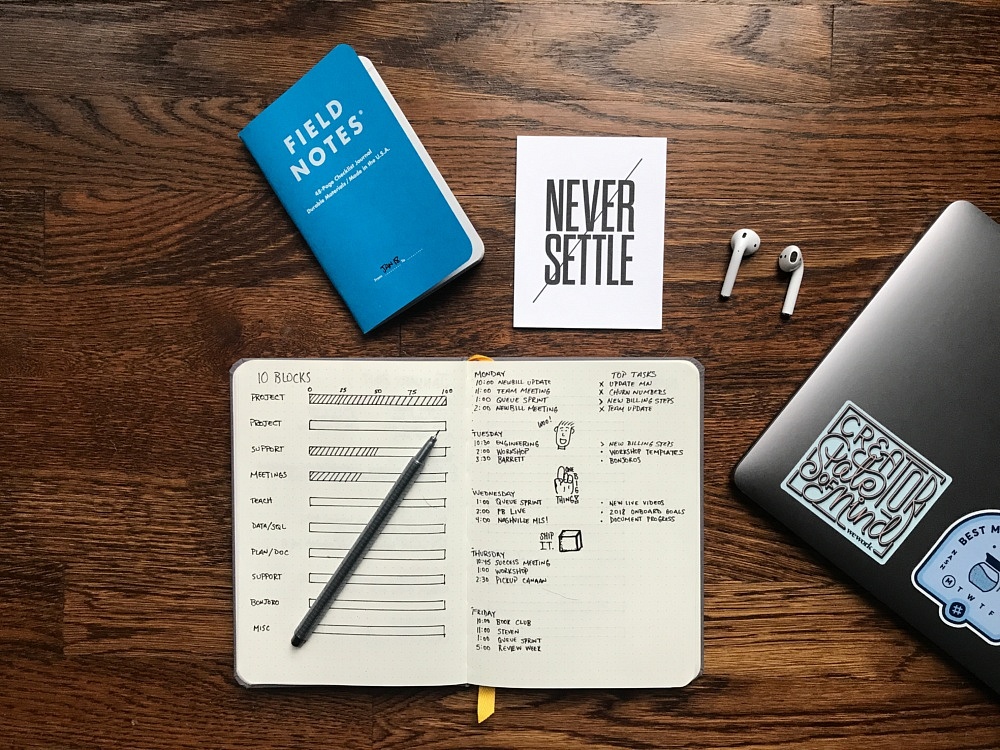How To Make Your New Year Money Resolutions Stick
It’s that time of the year! Whether you are the kind of person that makes resolutions or not, the new year always feels like life is giving us a clean slate to start afresh doesn’t it?
On this blog, we love a new year. Setting virtuous goals at the beginning of the year can be quite effective. According to recent research, since the first day of the year is a temporal landmark. Temporal landmarks signal the start of a new, distinct time period — making us feel we can start from a clean slate. However, new year resolutions have a bad rap, because most of us fail at them. I have resolved to make exercising a lifestyle every year for the last 9 years. People who have been on the #52WeekChallenge will attest to the fact that keeping to a consistent saving plan for 52 weeks is tougher than it sounds – many people drop out. That does not mean we stop trying though. It means that every year, we work to find better ways to make the resolutions sustainable?
How do we make sure our money resolutions stick at least for the year, and hopefully for life?
1. Make your resolution more of a goal, than a dream: The difference between a goal and a dream is that a dream is idealistic. It is what I would call a vision. For example, when I say I want rock-hard abs in 2019, is this a realistic goal or is it a dream, considering that I have had fat around my belly pretty much all my life, and I have never exercised consistently for longer than 3 months. To make matters even worse, I have never really had discipline in my eating. We do the same thing with our money resolutions. We know that we have not had a consistent saving habit, but then we resolve to save towards our first home (or a car) in a year. This is setting ourselves up for failure. I would encourage us to be a bit more thoughtful. Look at your finances with an honest eye, identify some of your weak points, and resolve to fix just one of those weak points.
2. Make the goal as specific as possible: “I will be more disciplined with my finances in 2019” is not a great resolution (yet many people resolve this every year). Yes, it is good to be disciplined with your money, but what does discipline really mean? Does it mean that you will eat out less? If so, by what magnitude? Will you stop eating out 3 times a week, and reduce it to twice monthly? Do you plan to carry lunch to work, to stop buying expensive lunch every week? Or is it your partying habit that you would want to tame? Either way, specify. Do you want to have 100,000 bob at the end of the year for a holiday? A specific goal is one whose achievement, or lack of is clearly defined. If you say you want to be more disciplined about your money, it will be hard to tell if you are achieving this or not- or to even lay out what you need to do to achieve this goal.
3. Define the changes you need to make in your lifestyle to achieve your goal: Goals usually sound magnificent and impressive, but the achievement of goals is less so. It is about the daily, boring stuff that we do.
We are what we repeatedly do. Excellence then, is not an act, but a habit” ~ Aristotle
Once you have defined your goal as specifically as possible, you then need a plan to make it happen. Planning to carry lunch to work so you can save towards that holiday? Then you may need to shop for lunch boxes, then draw up a meal plan. If you usually work late which stops you from cooking during the week, then you will need to carve out time over the weekend to do your meal prep. The lifestyle changes you make have to be aligned with your current lifestyle, otherwise, they will not be sustainable.
4. Stay accountable
Keeping your goals to yourself makes it easy to cheat. See there are these stories we tell ourselves when we are about to drop off the wagon.
“YOLO!”
“I will do better next time”
“New year resolutions do not work anyway”
“At least I tried”
Get someone on board with your goals to keep you motivated when you start telling yourself these stories. Even better, team up with people who are doing the same thing as you are. This is where the #52WeekChallenge works great. We are saving money together and sharing our struggles – this makes it harder to drop off, and console yourself that this was tough anyway. If you are planning to carry lunch to work, how about teaming up with colleagues and doing it together.
5. Finally, celebrate the small wins! Life is tough, and working on a tough goal can wear you out. Especially when doing it alongside other life pressures. Break your goal into stages/chunks, and every time you pass one stage successfully, take time to toast yourself and encourage yourself for the next stage. Reflect on what has worked well, what has not, tweak it if need be, and move onto the next stage with a fresh mind.
That’s it, folks! Resolutions should not be done on a whim but should be a thoughtful process that aligns our resolutions to our money habits.
Do you have any money goals this year? Let us talk about them on Twitter (use the hashtag #52WeekChallenge and tag me on your tweets), and keep each other encouraged in the new year. I would like to also invite you to join the #52WeekChallenge, a progressive savings challenge that has for the last 3 years helped us achieve money goals that we never imagined we could. To do so, download the savings tracker app from the Android App Store which allows you to customize your savings. Alternatively, you can download the Excel worksheet, the 50 bob, and the 100 bob worksheets.





4 Comments